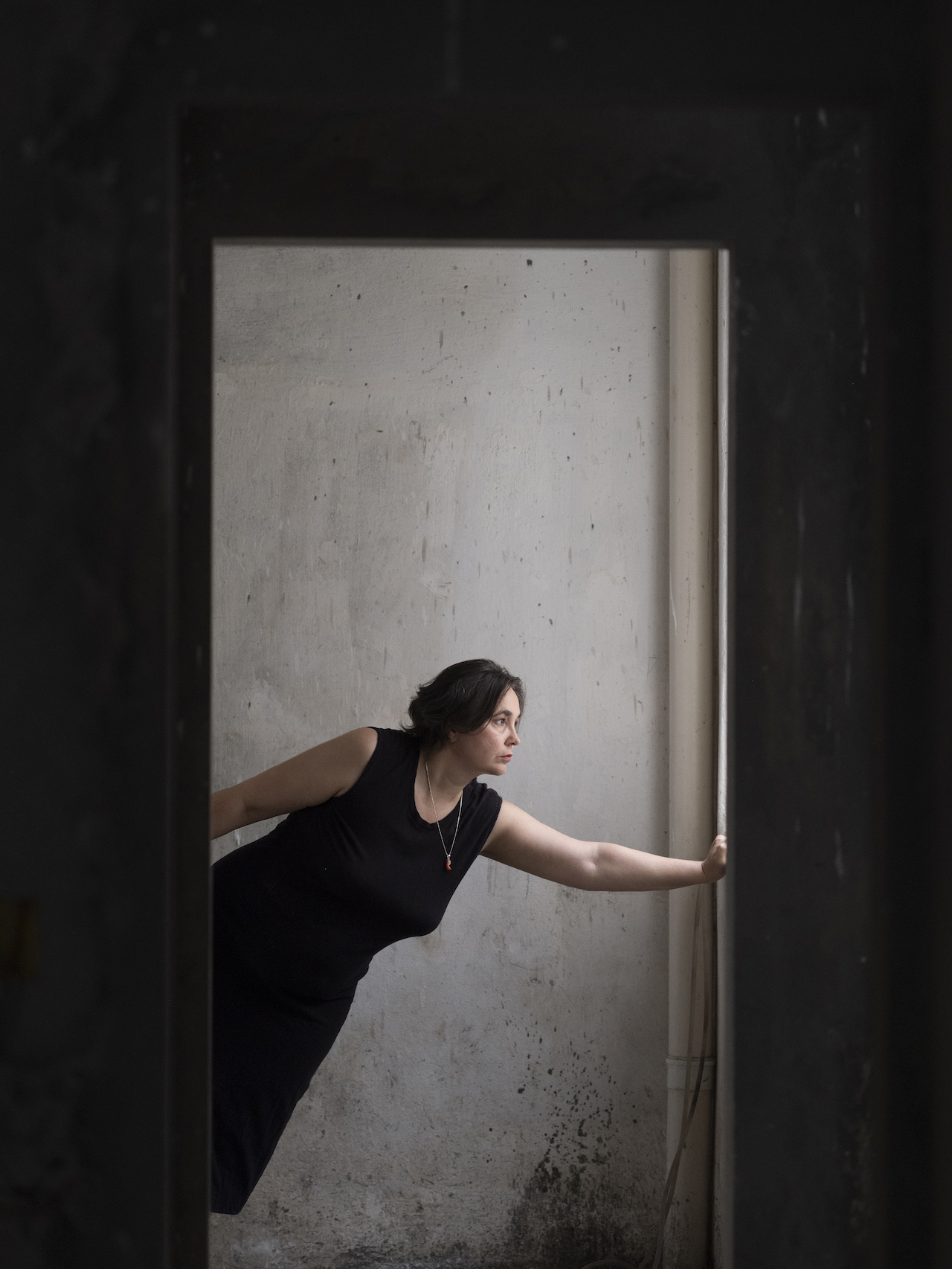The current president of Magnum Photos reflects on her life, work, and the state of photojournalism today
Currently based between Mexico and Brazil, Cristina de Middel is the president of Magnum Photos, where she has been a full member since last year. Born in Alicante, Spain, she worked as a photojournalist for 10 years before widening her practice to challenge ideas of photographic truth and narrative.
Her self-published book The Afronauts retells the history of a failed space programme in Zambia, while her ongoing series Gentlemen’s Club investigates male clients in brothels around the world.
Here, she reflects on her career trajectory and the development of the photographic medium.
I don’t like the feeling of belonging. It makes you lazy. I live in Latin America because I like the uncomfortability of living abroad. When you are not in your country, you need to learn things every day and you become much more self-conscious.
I grew up between France and Spain, moving a lot, changing cities and changing friends. I had very strong bonds with my brother and sister. My father was a classical music-lover, so he would force us to go to all the concerts in town and there was always opera playing at home. Comic books were also important: Tintin, Astérix, Lucky Luke.
I started out when photography equalled truth; now it is almost the opposite. Questioning of the medium itself is the biggest change I’ve seen during my career. The biggest challenge facing photography today is artificial imagery and how it has entered the scene at the time when we were all questioning that idea of truth. It’s really bad timing.
My current work is like a soft revenge on my years as a photojournalist. I depict the same topics but tell them in my own way, using what I have learned outside that set of rules.
I would like to be remembered as someone who asked questions, and who enlarged the photographic language. The Afronauts is still an important body of work, even though it is more than 10 years old. I was inspired by the true story of a Zambian schoolteacher who declared himself the country’s ‘Minister of Space’. The work is a fictional story about an African space programme during the height of the Space Race.
Gentlemen’s Club is my best project, in terms of longevity and relevance. I documented the clients of prostitutes – a neutral record of a reality that has not been shown comprehensively until now. I hope it will become an important document, regardless of its photographic value.
I do not like experts. Recently, I’ve been admiring Lee Miller. She was creative and brave with such energy. She was good at many things and did not have the attitude of an expert. I am a ‘yes’ person and do not think too much before taking action.
The more types of photography you can master, the richer your language will be. My advice to young photographers is to spend some time thinking about what they have to say. Imagine the photo project is a conference before starting to shoot. At a conference you do not need to talk about interesting things, but you need to talk interestingly about something.
I love drawing, cooking and driving. They focus my body and mind because it is just one thing – rather than a million – being done with care and attention. Otherwise my mind is all over the place, even when photographing.
My strength is my versatility. The fact that I can shoot in a transversal way across the many families of photography. My weakness is that I lose interest very easily and I get bored once I have solved the problem.
We need to defend freedom of expression. And we should also leave some room for freedom of opinion as long as it is presented as such: as another opinion adding to the conversation, not an absolute truth.
Magnum means validation and support. After many years working as an outcast, it feels good to have the help and support from a strong family. Our mission is to stay relevant in a context that is changing quickly; that relevance should come from protecting our integrity and diversifying our voices.

